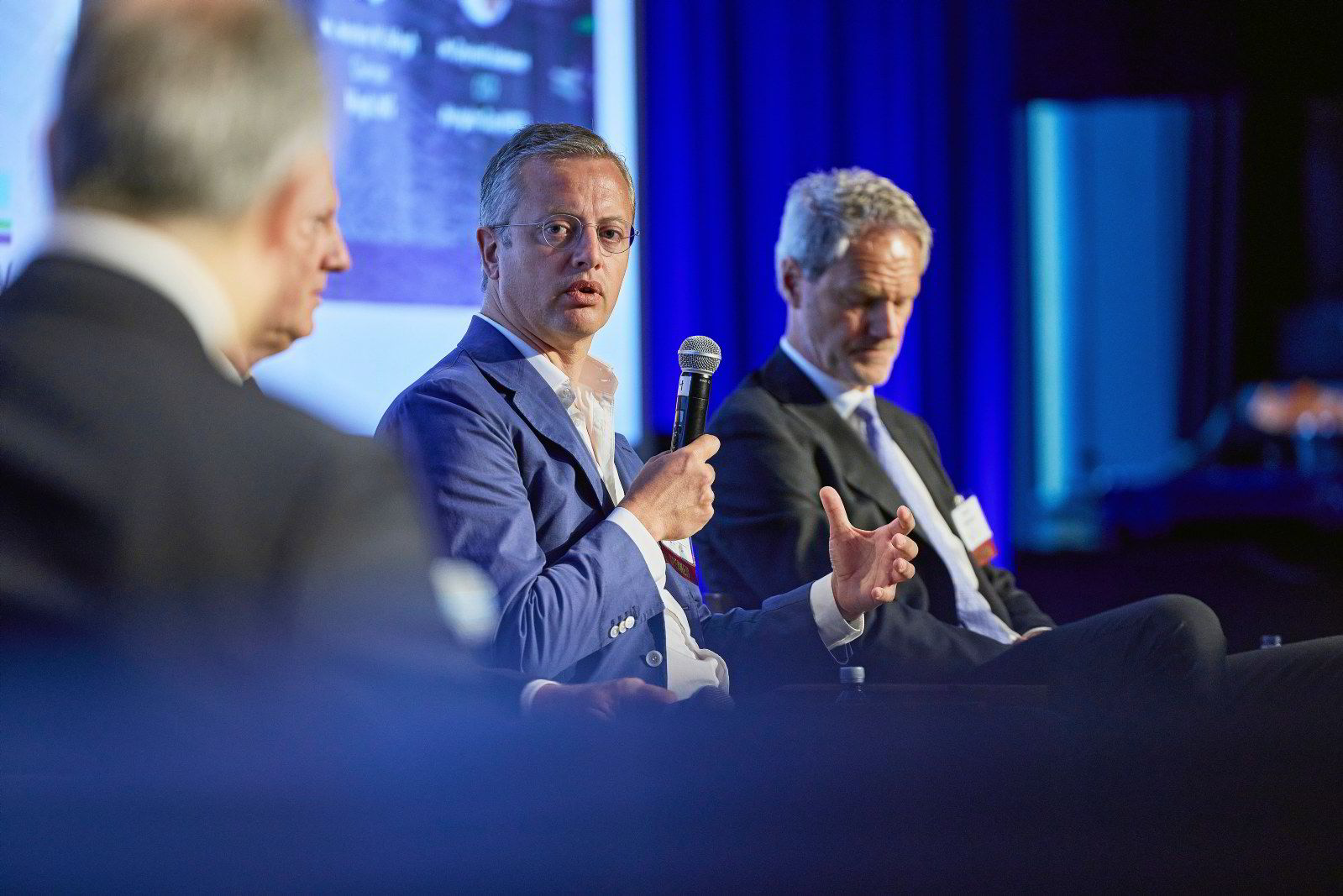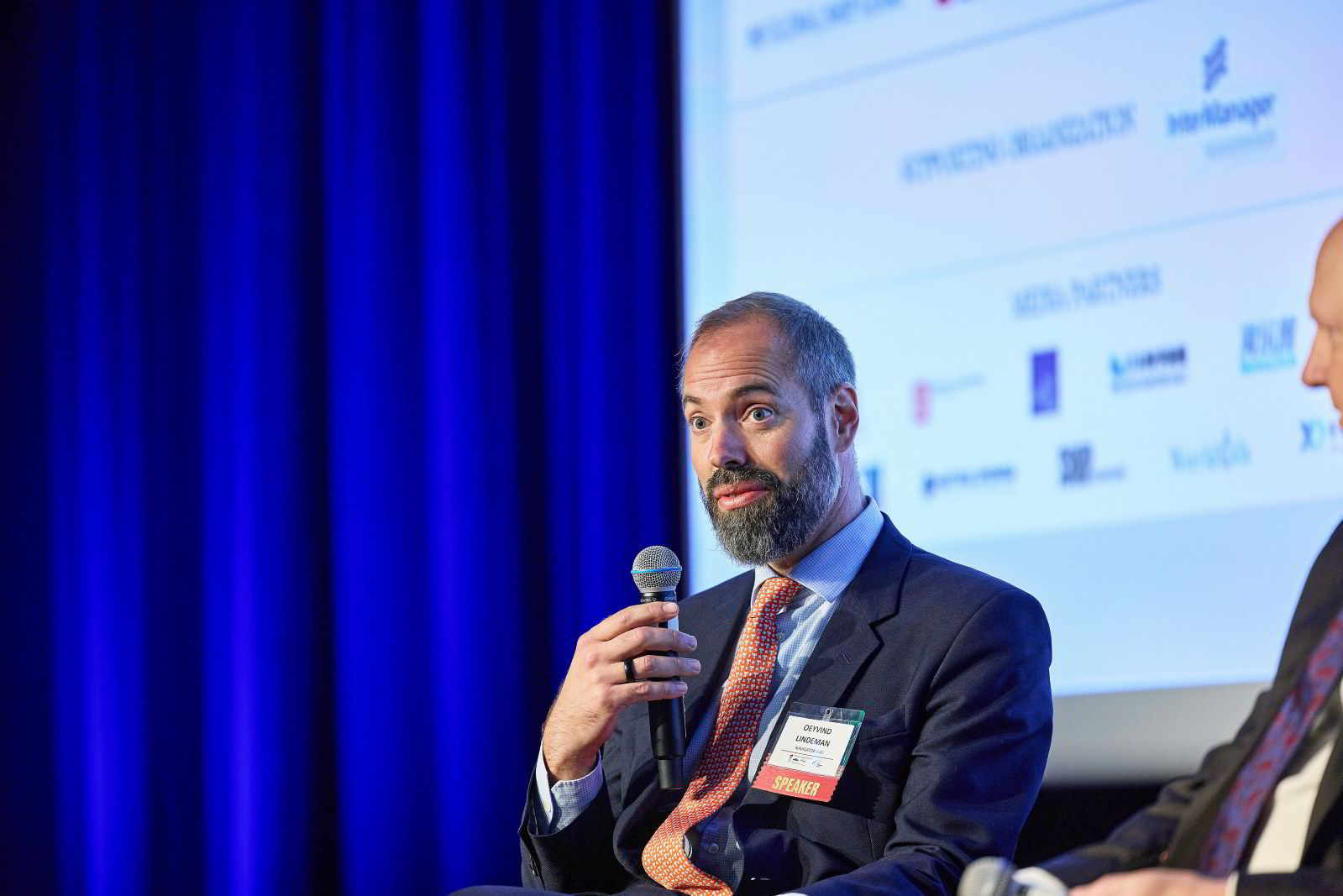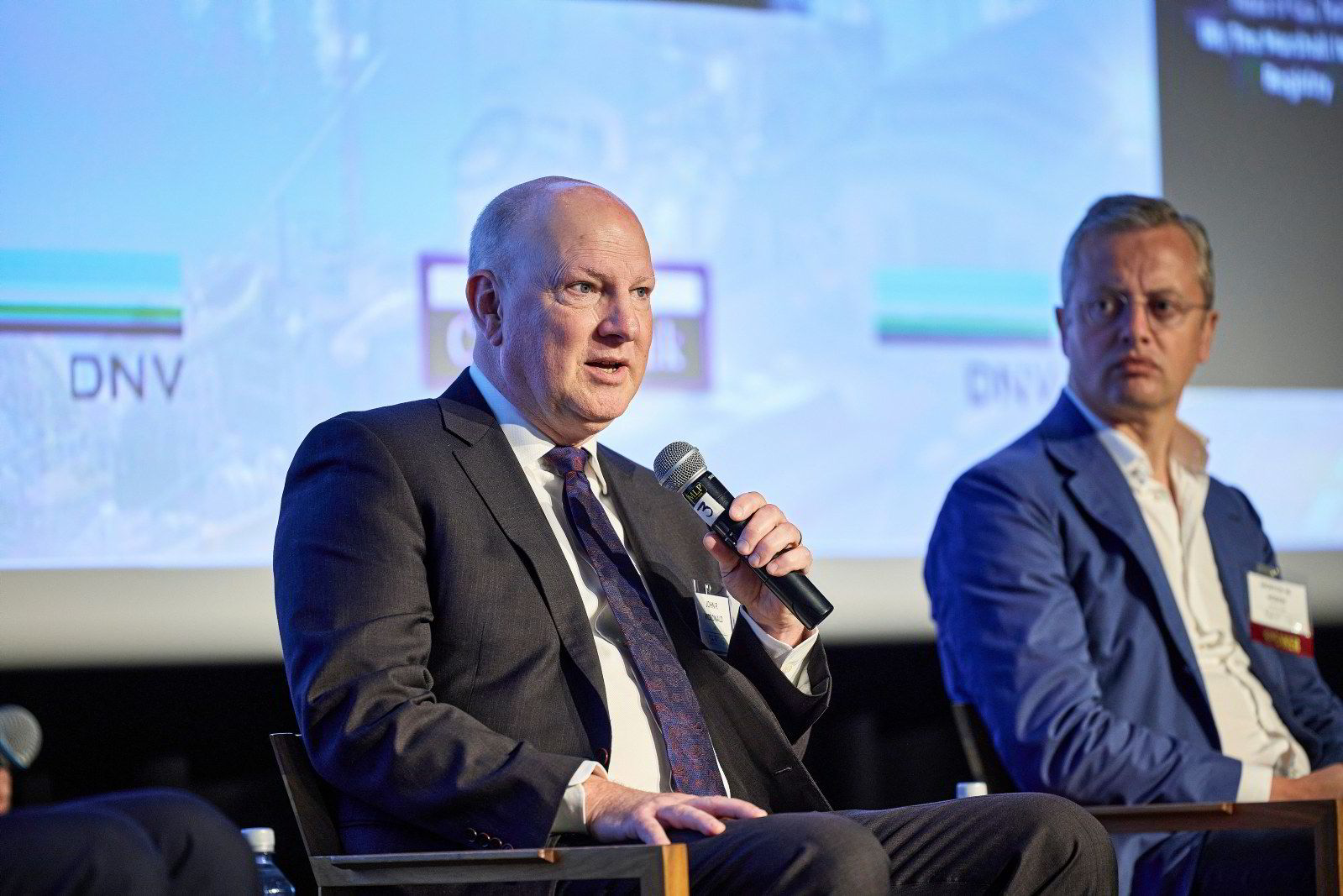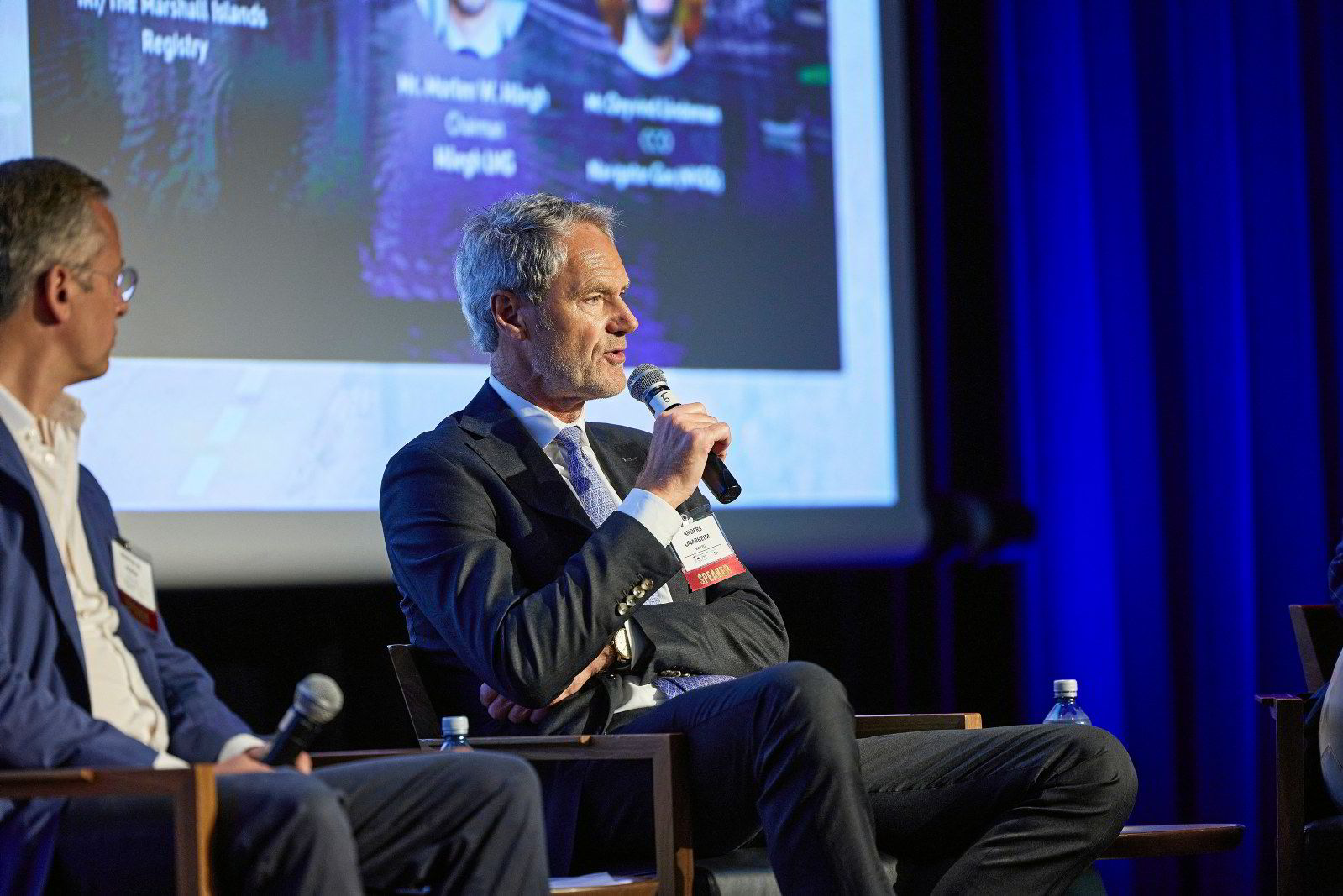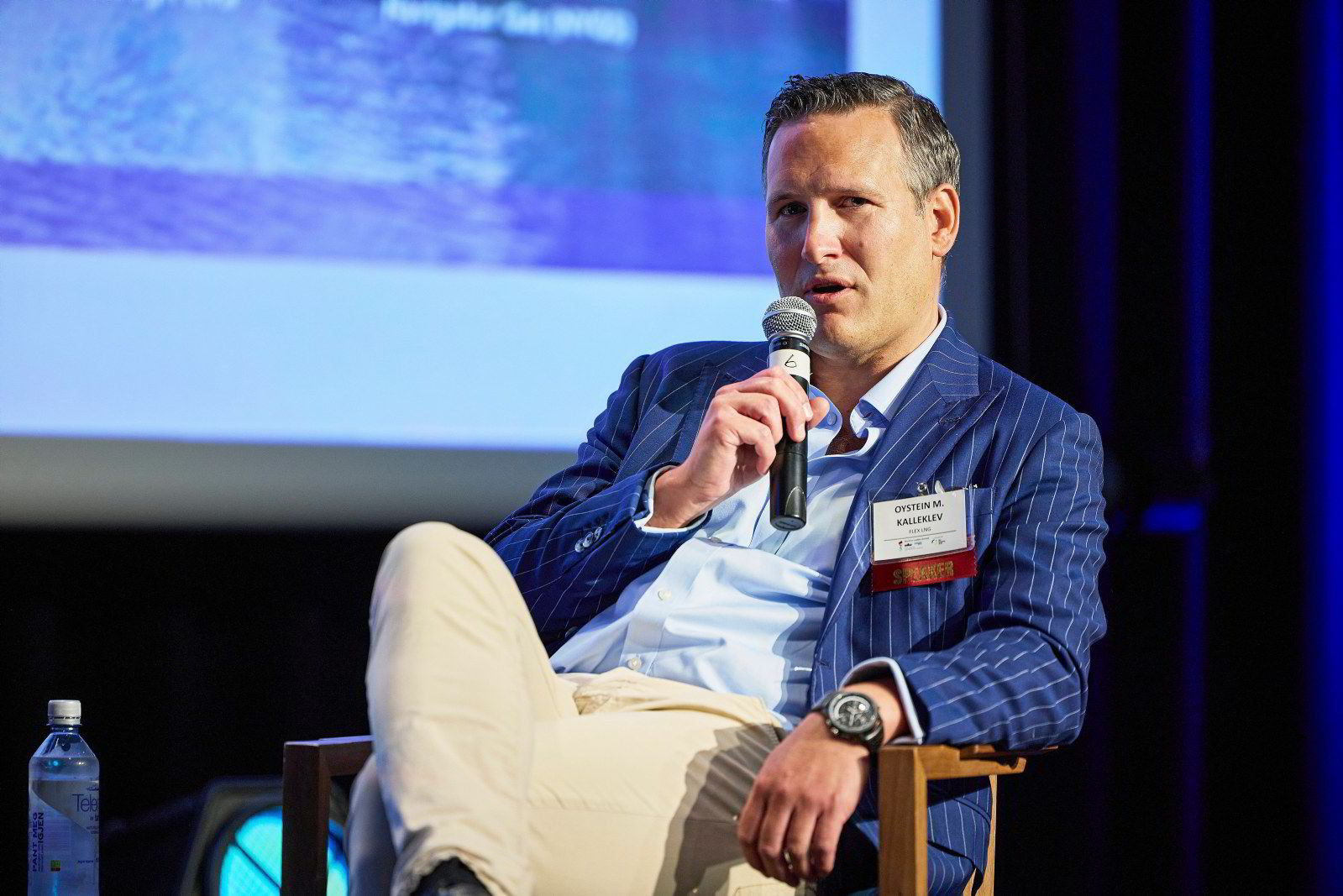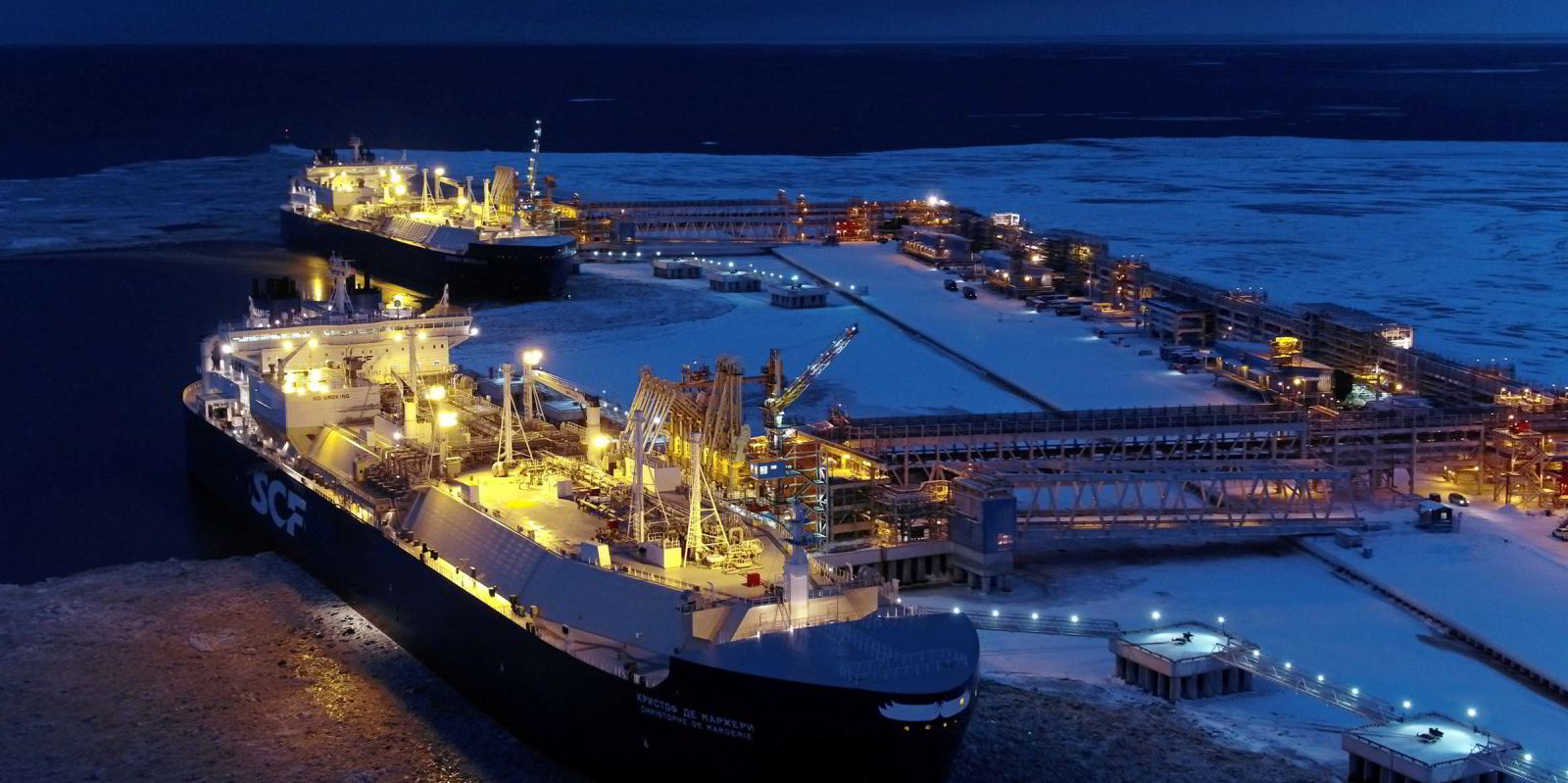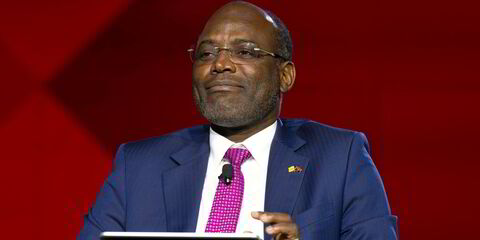European gas imports will lose their “sense of emergency” but a more stable and stronger world gas market will survive the current wartime crisis.
So believe representatives of leading LNG and LPG shipping companies gathered in Oslo for the Capital Link-DNV Maritime Leaders Summit.
Germany and Europe, in general, have permanently changed their attitude to diversification of energy sourcing, and overreliance on Russian gas imports will not happen again, said Hoegh LNG chairman Morten Hoegh.
His long-term bullish view was broadly shared by gas shipping experts and owners including Oystein Kalleklev of Flex LNG and Avance Gas, Anders Onarheim of BW Gas, Oeyvind Lindeman of Navigator Gas and John McDonald of American Bureau of Shipping.
“The war will end someday, and when it does, they will not make the same mistakes. [Russian gas] might go back to 10% [of import volumes], maybe, but not to 50% as it was before,” Hoegh said.
After Germany woke up last year to its extreme exposure to Russian pipeline gas, it ramped up import capacity at an amazing speed, and newly privatised Hoegh LNG was in a position to catch the extraordinary demand.
“We did not build up our FSRU fleet with such a crisis in mind,” he said. Rather, the target market for floating storage and regasification units was developing economies.
But 10 months after Germany’s chancellor Olaf Scholz called for a rapid increase in LNG imports, Germany had three FSRUs up and running.
Hoegh does not fear that another political shift could have similarly swift effects in an opposite direction.
“In Europe, I think that political risk is low,” he told delegates, pointing to further FSRU-proposed projects both in German and elsewhere in Europe.
“The sense of urgency, the sense of emergency will pass,” said Hoegh, but a healthy market will stabilise with the ordinary commercial drivers in place after the war. “There will be a lot of floating import capacity, but it will be more commercial,” said Hoegh.
Rather than political risk as such, Hoegh said his company is concerned about security risks such as cyber-attacks related to the ongoing Russian war on Ukraine.
“If there’s anything that keeps me up at night, it’s the security situation in Europe,” he said.
‘Buying Russian gas with both hands’
Other panellists were in broad and bullish agreement that the diversification of sourcing in their markets is a long-term phenomenon, with its effect on routing and tonne-miles.
Another subject of broad agreement was that oil trading sanctions and price-capping are working mainly to make certain players in the so-called “dark fleet” and “grey fleet” very rich. Panellists also pointed to unintended effects of self-sanctioning in gas trading.
Russian LPG that traditionally went from the Baltic to Western Europe is not sanctioned, but buyers are self-sanctioning, said Lindeman of Navigator Gas. But more distant replacement customers are ready and eager in Turkey, Africa and India
“But no, it doesn’t work,” Lindeman said, referring to the sanctions regime in general. “Those who can do it are making a killing.”
“Russian LNG is not sanctioned and European buyers are buying Russian LNG with both hands,” said Kalleklev of Flex LNG and Avance Gas.
